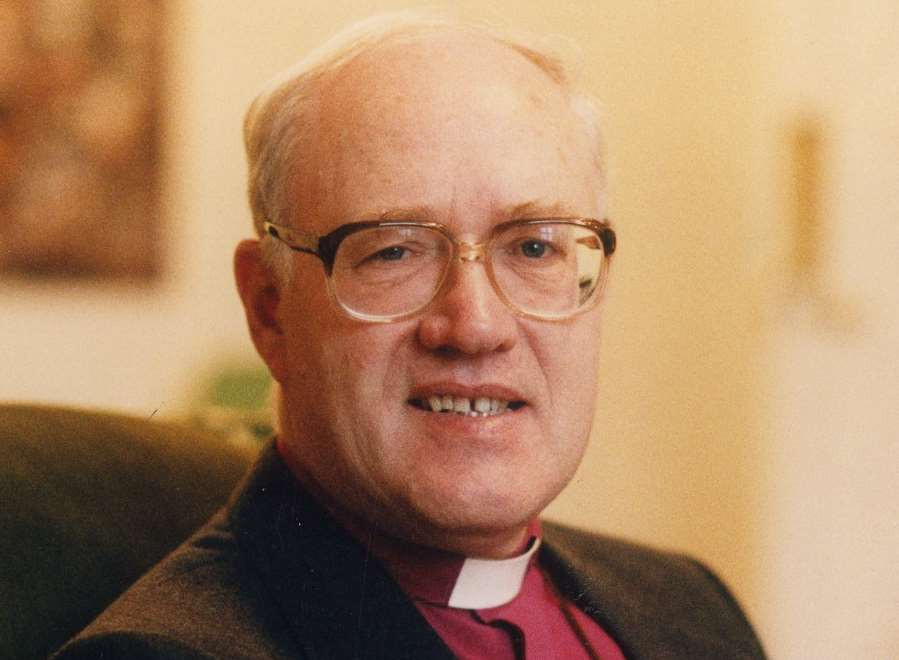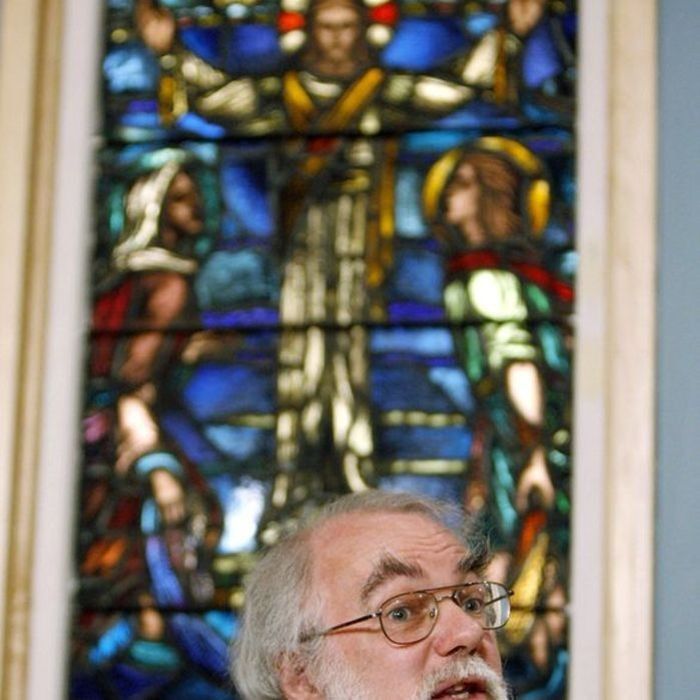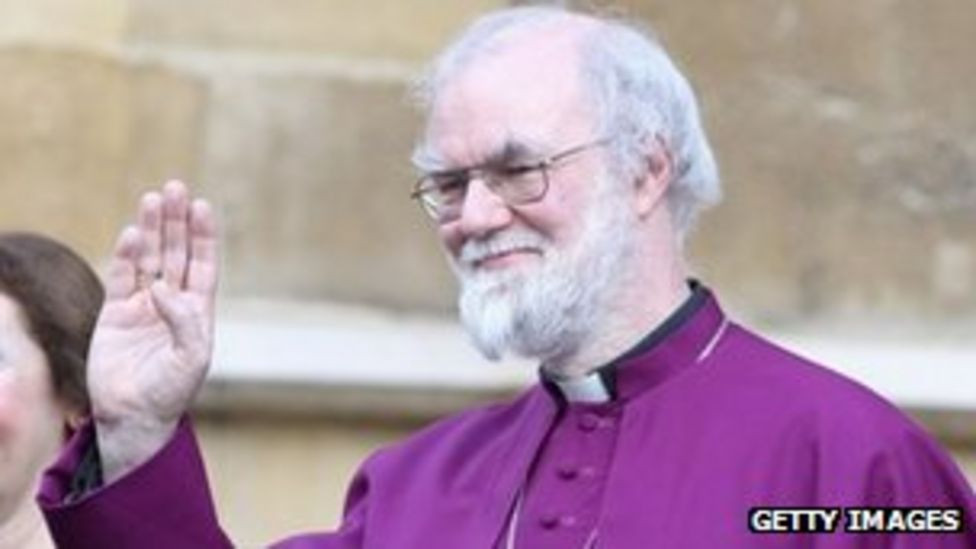The Archbishop of Canterbury, Justin Welby, head of the global Anglican Church, resigned on Tuesday following a damning report that found he and other senior church leaders covered up the abuse of over 100 boys and young men by a British lawyer. The review, led by Keith Makin, found that Welby failed to inform police about the abuse as soon as he became aware of it in 2013.
John Smyth, a lawyer who helped lead Christian summer camps in the UK and other countries, was accused of attacking boys and young men in the 1970s and 1980s. He died in South Africa in 2018 at the age of 77 without facing legal proceedings. The report stated that, "despite the efforts of some individuals to bring the abuse to the attention of authorities, the responses by the Church of England and others were wholly ineffective and amounted to a coverup."
Welby acknowledged that he failed to ensure that the allegations were investigated properly after he was informed of Smyth's actions in 2013. "Nevertheless the review is clear that I personally failed to ensure that after disclosure in 2013 the awful tragedy was energetically investigated," Welby said in a statement announcing his resignation. "Since that time the way in which the Church of England engages with victims and survivors has changed beyond recognition. Checks and balances introduced seek to ensure that the same could not happen today."
The Archbishop of Canterbury is the most senior figure in the Church of England. Welby's resignation comes at a time when the church is facing a crisis of confidence. The Makin Review's findings have sparked widespread anger and calls for accountability. Many have expressed outrage over the church's failure to protect children and hold perpetrators accountable.
The Makin Report
The Makin Report detailed how Smyth's abuse was covered up for decades. The report found that Smyth's abuse was known to church officials as early as 1982, when an internal investigation into his actions was conducted. However, the report found that those who received the results of that investigation "participated in an active cover-up" to prevent the findings from being brought to light.
Smyth continued to abuse boys and young men in Zimbabwe and South Africa until his death in 2018. The report concluded that if Smyth had been reported to the police in 2013, it could have prevented further abuse and led to a possible criminal conviction.
Welby's Response
Welby's resignation comes after a period of mounting pressure to step down. Some members of the General Synod, the church’s national assembly, had started a petition calling on Welby to resign, saying he had “lost the confidence of his clergy.” The petition had garnered more than 1,800 signatures by late morning London time on Monday.
In his resignation statement, Welby expressed sorrow for the victims and survivors of abuse and acknowledged the "historic safeguarding failures" of the Church of England. He said that stepping aside was in the best interests of the church. "I believe that stepping aside is in the best interests of the Church of England, which I dearly love and which I have been honored to serve," Welby said.
The Future of the Church of England
Welby's resignation has left a void at the top of the Church of England. The process of choosing his successor is expected to take several months. The next archbishop will face a daunting task of restoring public confidence in the church and addressing the deep-seated problems of child abuse and cover-up that have plagued the institution for decades. The church must also address the question of how to prevent future abuse and ensure that victims are properly supported.
The Archbishop of Canterbury's resignation is a major blow to the Church of England. It remains to be seen how the church will respond to this crisis and what steps it will take to address the issues that have been exposed.
A Legacy of Shame
The revelations about Smyth's abuse and the church's cover-up have left a lasting legacy of shame. It is a reminder of the power of institutions to protect themselves at the expense of vulnerable individuals. It is also a reminder of the importance of holding powerful institutions accountable for their actions. The Church of England must now confront its past and take concrete steps to ensure that such abuses never happen again.
The church has a moral obligation to protect children and hold perpetrators accountable. The resignation of the Archbishop of Canterbury is a step in the right direction, but it is just the beginning of a long and difficult process of reform.



















